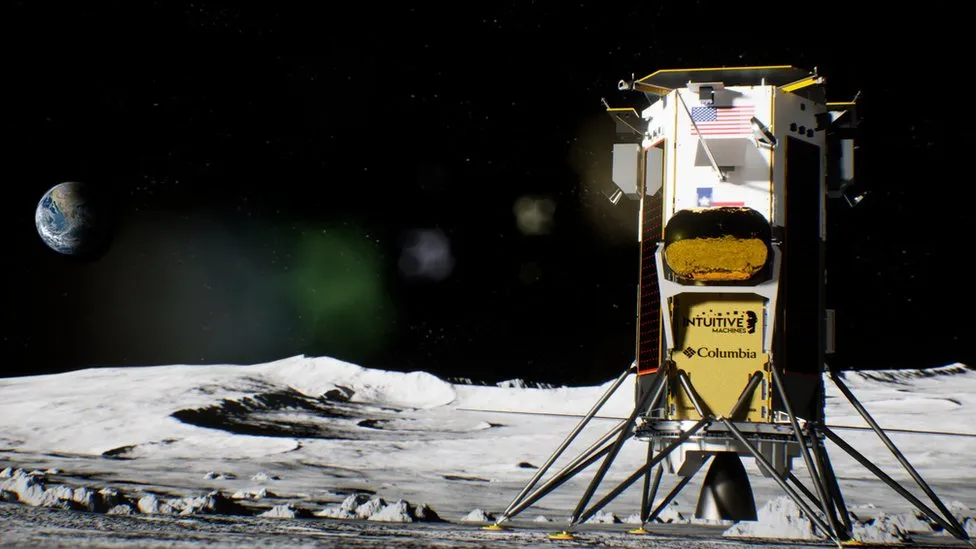Private lander touches down on moon but sending weak signal
Mission director Tim Crain said the team was evaluating how to refine the lone signal from the lander, named Odysseus
AP
Cape Canaveral (US), 23 Feb
A private lander touched down on
the moon on Thursday but managed just a weak signal back, as flight controllers
scrambled to gain better contact with the first US spacecraft to reach the
lunar surface in more than 50 years.
Despite the spotty communication,
Intuitive Machines, the company that built and managed the craft, confirmed
that it had landed. There was no immediate word from the company on the
condition — or even the exact location — of the lander. The company ended its
live webcast soon after confirming a touchdown.
Mission director Tim Crain said the
team was evaluating how to refine the lone signal from the lander, named
Odysseus. “But we can confirm, without a doubt, that our equipment is on the
surface of the moon," he said.
Added Intuitive Machines CEO Steve
Altemus: “I know this was a nail-biter, but we are on the surface and we are
transmitting. Welcome to the moon.”
The landing put the US back on the
surface for the first time since NASA's famed Apollo moonwalkers.
Intuitive Machines also became the
first private business to pull off a lunar landing, a feat achieved by only
five countries. Another company gave it a shot last month, but never made it to
the moon, and the lander crashed back to Earth.
Odysseus descended from a
moon-skimming orbit and guided itself toward the surface, searching for a
relatively flat spot among all the cliffs and craters near the south pole.
Tension mounted in the company's
Houston command centre following the designated touchdown time, as controllers
awaited a signal from the spacecraft some 250,000 miles (400,000 kilometres)
away. After close to 15 minutes, the company announced it had received a weak
signal from the lander.
Launched last week, the six-footed
carbon fibre and titanium lander — towering 14 feet (4.3 metres) — carried six
experiments for NASA. The space agency gave the company USD 118 million to
build and fly the lander, part of its effort to commercialize lunar deliveries
ahead of the planned return of astronauts in a few years.
Intuitive Machines' entry is the
latest in a series of landing attempts by countries and private outfits looking
to explore the moon and, if possible, capitalise on it. Japan scored a lunar
landing last month, joining earlier triumphs by Russia, US, China and India.
The US bowed out of the lunar
landscape in 1972 after NASA's Apollo programme put 12 astronauts on the
surface. A Pittsburgh company, Astrobotic Technology, gave it a shot last
month, but was derailed by a fuel leak that resulted in the lander plunging back
through Earth's atmosphere and burning up.
Leave a Reply
Your email address will not be published. Required fields are marked *












.jpg)







